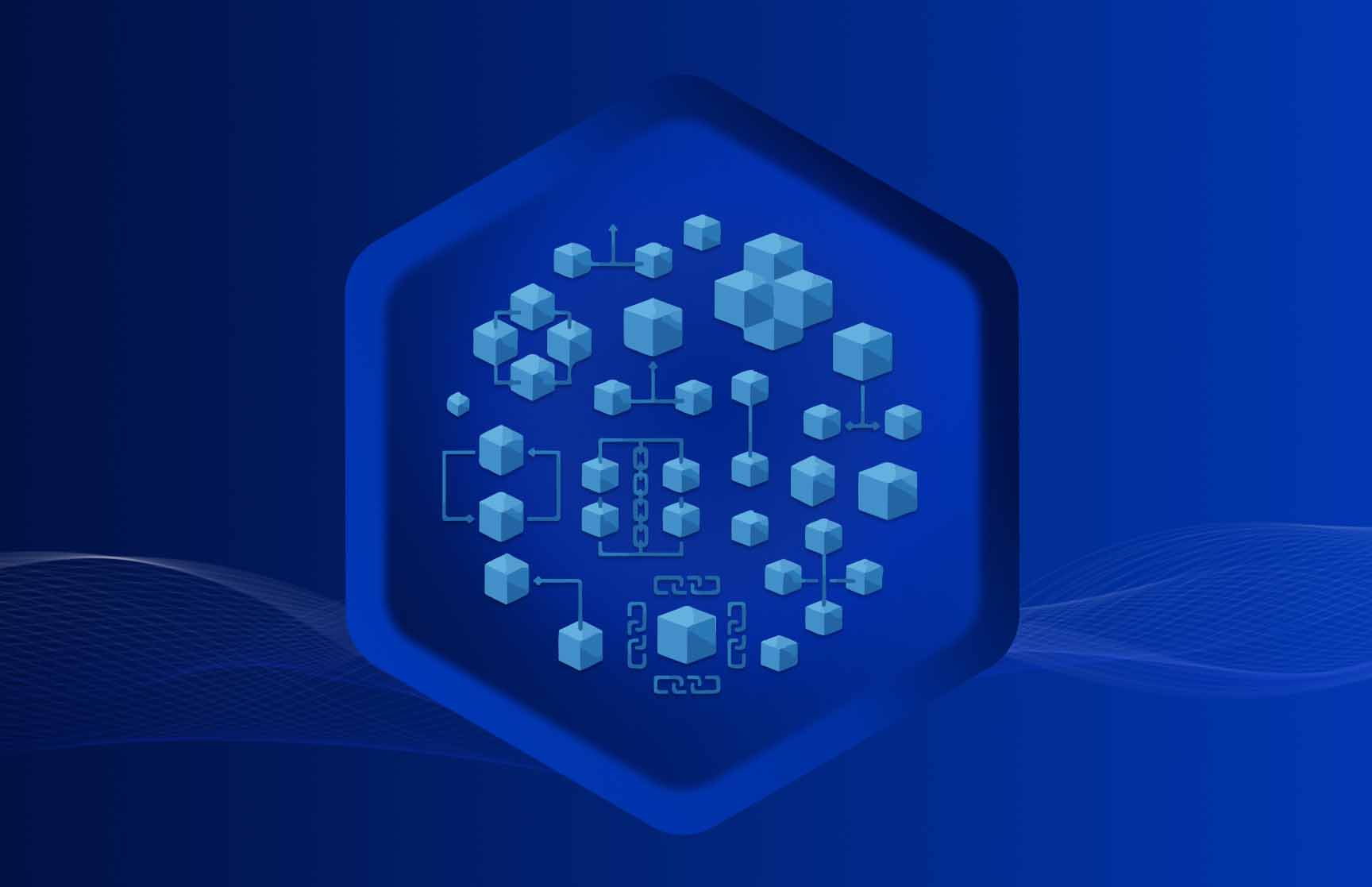
Blockchain systems come in various formats, each with unique features and functions. When selecting a platform for developing your product or service, you must look beyond the marketing hoopla and buzzwords.
Both internal and external considerations largely influence the decision to use a blockchain development platform. The key aspects to think about before selecting a blockchain platform are covered in this article.
Level of adoption
The adoption rate is simply the extent to which specific blockchain technology has been implemented or adopted. According to our advice, high-adoption-rate technologies should precede low-adoption-rate technologies.
It is easy to understand why because requirements and technology change more quickly. This implies that a particular technology will be amplified when used more widely, guaranteeing that it will soon be further improved.
Available options
Although they are all built on the same technology, blockchains can work very differently. Since their main objectives are so different, so are the methods they use to process data, how long it takes, and the features they can provide.
Because of this, it’s more crucial than ever to investigate the characteristics and type of blockchain network your company needs. Make sure the platform you are considering offers the feature you require. For instance, not all platforms enable smart contracts.
Transactions per second and price
Blockchain development company customers will be required to pay hefty fees to miners if the platform’s throughput (transaction speed) is low. Although it is crucial to include rate as a parameter, low-level security cannot be replaced by speed.
Another aspect to consider while selecting the best blockchain for your project is cost-effectiveness. Although blockchain requires these related expenditures, some methods may be taken to cut costs and lower the risk of overspending. A blockchain with a fee-free framework is another option.
Safety of the platform
Web3 developers design blockchains as a more secure method of storing and sharing data. Despite this, you still need to be concerned about how the platform keeps your data. You shouldn’t also presume that every location is equally secure.
Double-check the platform’s security measures, mainly if the business deals with private or confidential data. Financial and data security is improved by understanding the cryptography your platform utilizes, how records are verified on the network, how frequently your platform changes, and how users are verified.
Scalability
Scalability in the context of blockchain refers to the platform’s capacity for transactions per second. As a result, before selecting a forum, you should consider the platform’s transactional capabilities if you intend to employ blockchain development solutions for your future product.
For instance, a business creating a blockchain payment gateway requires more TPS than 7. However, companies creating internal data management platforms do not require blockchain systems with higher transaction rates.
Private or public
In essence, blockchains fall into two categories: centralized and decentralized. One person manages user networks and information access in a centralized or private network. Anyone can access information and engage in a decentralized network.
You should select remote, non-decentralized systems if your design system incorporates personal information, such as if your healthcare system uses sensitive patient data. On the other side, you should place your data on public blockchain development services if you want to maintain the transparency of your platform.



